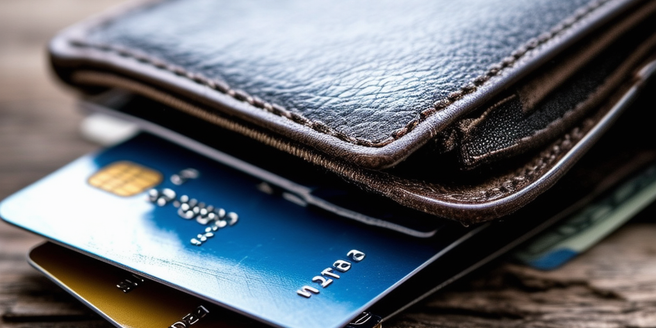Understanding Bad Credit: What It Really Is
Bad credit is a term used to describe a person’s credit history when they fail to meet their financial obligations, especially loan repayments. It largely comes from a history of not paying bills on time or at all. It also could be a result of filing for bankruptcy or foreclosure. Unfortunately, missed payments can remain on your credit report for up to seven years, further encouraging this reputation. It implies that the person is a high risk to lenders because of their inability to repay the loan on time in the past. This tag negatively impacts one’s capability to secure loans or get credit cards.
The Consequences of Bad Credit on Your Financial Life
Having a bad credit score doesn’t only inhibit your ability to acquire financial assistance, it portrays you as a high-risk candidate to financial institutions, making it challenging to secure any form of loans. Even if you manage to secure a loan, perhaps due to lender leniency or collateral, you’re burdened with paying inflated interest rates to offset the lenders’ risk, which adds a substantial amount to your repayment amount. The implications of poor credit reach far beyond just the initial securing of loans, and extend to harsh financial conditions such as these high-interest rates, even if the loan is obtained. Therefore, maintaining a positive credit score is crucial as it influences your financial well-being and the type of financial aid you’re eligible to receive.
Impact of Bad Credit on Your Job Opportunities
In the current job market, more employers are scrutinizing the credit history of potential employees, exposing their level of fiscal responsibility and potential liabilities. A poor credit history could be seen as a sign of financial stress or lack of discipline, traits undesired in potential employees. Further, a weak financial history could negatively affect chances of securing a job as employers may perceive it as a risk to job performance. In the hiring process, credit history is becoming increasingly important alongside academic qualifications, skills, and experience, affecting career prospects. Therefore, maintaining good credit is crucial not only for financial health but also for future career aspirations.
The Influence of Bad Credit on House and Car Loans
A poor credit score significantly reduces the chances of being approved for important financial steps like house and car loans, as individuals with lower credit scores are seen as a higher risk. When these individuals get approved for loans, they often come with unfavorable terms and conditions, including higher interest rates, due to the perceived increased risk. These higher interest rates result in a higher overall cost for the loans, making significant purchases like homes or cars more expensive over time. This sets up a vicious cycle where a poor credit score makes acquiring loans more challenging and, when obtained, the loans become more costly due to increased interest rates. The repercussions of bad credit extend beyond initial approvals, impacting everything from interest rates to overall costs, creating an increased financial burden for the borrower.
Bad Credit and Its Effect on Your Insurance Premiums
Bad credit doesn’t merely inhibit your borrowing capacity, but extends its impact to other areas of life, indirectly affecting various aspects like insurance premiums. Those with bad credit often face higher insurance premiums as insurance companies view them as a higher risk. Essentially, the lower your credit score, the higher your insurance premiums as insurance companies use poor credit scores as a measure of financial instability. Therefore, maintaining a good credit score is not only vital for securing loans but also for ensuring affordable insurance rates. Responsible credit management can thus affect both credit-related and non-credit related expenses like insurance.
Ways to Improve Bad Credit and Reclaim Your Financial Freedom
Improving a bad credit score involves consistent efforts, starting by assessing your credit reports, which provide insight into your credit history and highlight inaccuracies affecting your score. Ensuring timely bill payments, particularly those relating to credit cards, helps in improving your credit score. Curtailing your owed debt is also crucial through proper budgeting and check on spending habits to avoid overwhelming credit card or loan debts. Furthermore, reaching out to credit counseling services provides a comprehensive approach to dealing with credit issues, educating you on budgeting, debt management, and smart credit usage. In essence, credit improvement involves careful credit report analysis, consistent timely bill payments, reducing debts, and seeking guidance from credit counseling services, with patience, persistence, and perseverance being key.


